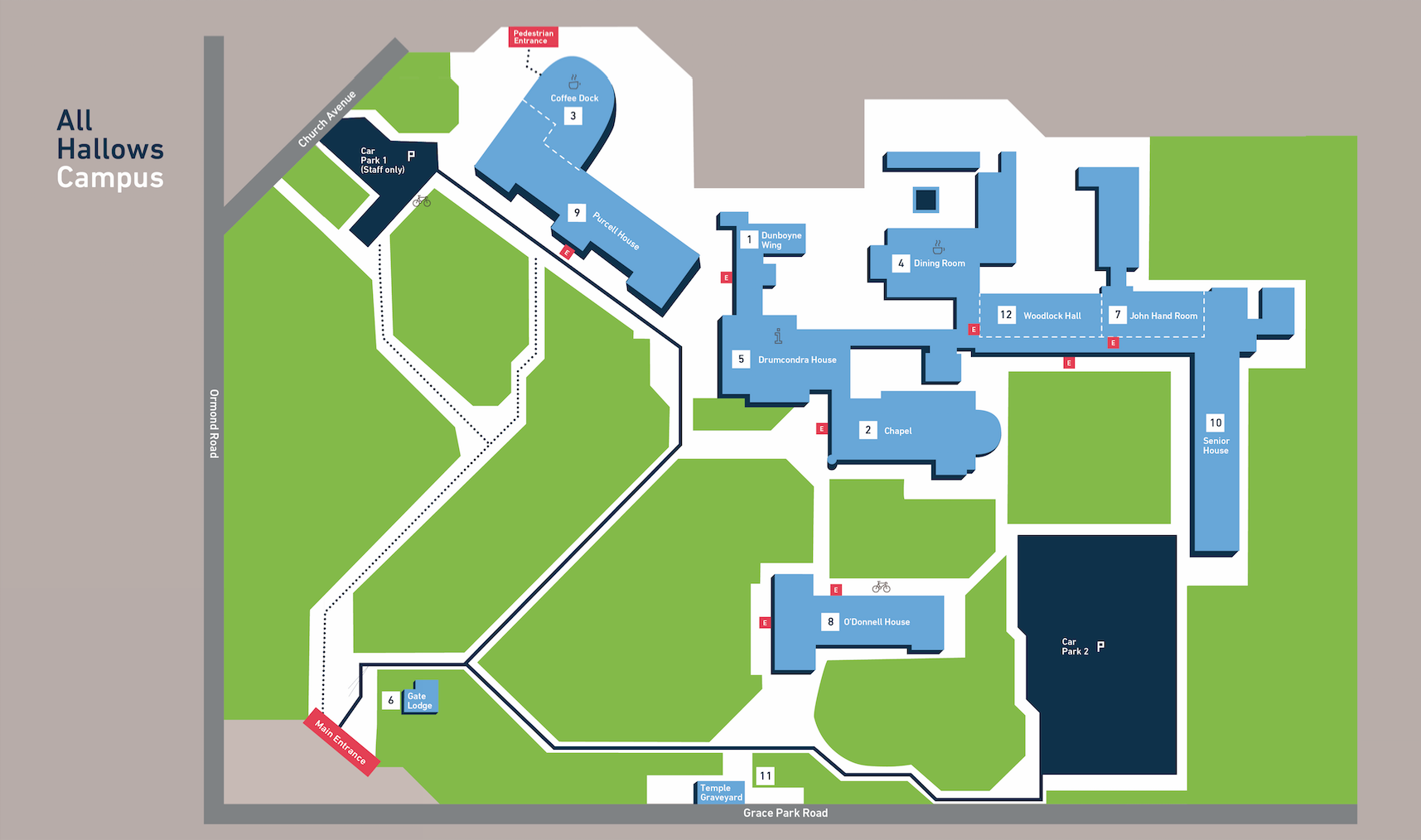Dublin | All Ireland Mammal Symposium
Dublin AIMS 2019 will take place on:
Fri 22nd – Sun 24th November 2019
At: DCU All Hallows Campus, Drumcondra, Dublin, D09 N920
The conference itinerary will include plenary talks, oral presentations, poster presentations, a wine reception, and a conference banquet.
Registration now Closed

Registration costs
- €160 both days, banquet included
- €110 both days, without banquet
- €80 one day only
Concessions (Students, unemployed or retired)
- €80 both days, banquet included
- €60 both days, without banquet
- €40 one day only
Submission of Abstracts for Papers and Posters
We are keen to hear from as wide a range of speakers as possible; academic research projects, interesting results from consultancy work and citizen science surveys. To be considered to present a paper or poster, please send the following details, in an MS Word document, to us at allirelandmammalsymposium@gmail.com with the subject "Abstract for talk/poster” by midnight on 4th October 2019.
Title (limited to 200 characters including spaces, without any abbreviations)
Authors: A. Badger1*, A. Pine-Marten2, A. Daubenton
1 Institution Name, Street Number, City, Country, email of *corresponding author
2 Institution Name, City, Country
3 Institution Name, City, Country
Keywords: keyword 1; keyword 2; keyword 3; keyword 4 (minimum 3 and maximum 5)
Abstract text (maximum 250 words)
The abstract should give a comprehensive summary of the oral/poster presentation.
Presentation type: Oral or poster (please state)
Students are encouraged to enter the competition for best student presentation and best student poster. They would be expected to be the lead author. Please indicate when you apply if you would like to be considered for the competition. Please remember that all speakers and poster presenters will also need to register for the conference in the normal way here. Discount student ticket prices are available this year. Any questions/queries can be sent us at allirelandmammalsymposium@gmail.com. We will try to respond to you as soon as possible.
Transport links
By Car
Parking is available at the All Hallows site, near the Woodlock Hall in which the conference talks will take place.
By Train
Dublin City centre, then take a bus to St Patrick’s College, Drumcondra, from where All Hallows Campus is a 9 minute walk.
By Bus
From Dublin City centre, take a range of buses to St Patrick’s College, Drumcondra, from where All Hallows Campus is a 9 minute walk.
Local entertainment
On Friday evening we will be gathering at the “Cat and Cage” near the All Hallows Campus.
There is also “Fagan’s Bar and restaurant further down the N1.
Accommodation
The nearest hotel is the “Dublin Skylon”, which is 11 min walk from the All Hallows campus.
Several B&Bs and hotels are also available nearby.

Click here to download large image version of the Campus Map
Keynote Speakers
We are delighted to announce our keynote speakers for AIMS 2019: Dr Denise O’Meara and Prof Eric Morgan.
Dr Denise O’Meara, Waterford Institute of Technology


Denise O’Meara graduated with a PhD in Molecular Ecology from Waterford Institute of Technology in 2015. During her PhD research, she studied red squirrel (Sciurus vulgaris) populations using non-invasive genetic techniques. Her research in Waterford IT’s Molecular Ecology Research Group involves the use of remotely obtained DNA from hair or faecal samples to study wildlife populations.
Keynote Title: Non-Invasive Genetics of Irish Mammals: Past Accomplishments, Future Directions.
Non-invasive genetics of mammals means acquiring a source of DNA without the need of trapping or otherwise disturbing the animal. The ability to do so facilitates addressing questions related to mammal distribution, population, conservation and management, and even provide insights into mammal diet. More recently, emerging technologies such as DNA metabarcoding is being used to assess the breath of the diet of species such as bats, and environmental DNA or eDNA is being used to detect mammals, both native and invasive, from water bodies. This seminar will provide an overview of what we have learned in over a decade of non-invasive genetics, and where the frontiers of research will take us over the next.
Professor Eric Morgan, Queen’s University Belfast


Eric Morgan is Professor in Veterinary Parasitology at Queen’s University Belfast in Northern Ireland. His research interests focus on disease (especially parasite) transmission, including at the wildlife-livestock interface, and the effects of climate and management.
Keynote Title: What killed 242,000 saiga antelopes in Kazakhstan and why might it matter for mammal conservation?
This seminar will address how climate and other environmental change might affect disease dynamics in such systems, and discuss approaches to predicting future change. In 2015, an unprecedented mass mortality event killed 242,000 saigas in Kazakhstan over three weeks, reducing the population to 30,000. Eric will tell the story of the investigation into this event and the implications for mammal disease and conservation under climate change. The difficulties in predicting such implications will be discussed using other examples, including the use of simulation models of parasite dynamics, which have been applied in other areas including parasite flows across mixed use landscapes in Botswana.

